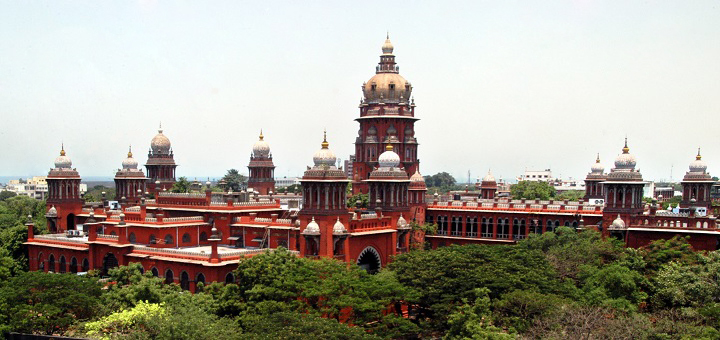Jahanvi Agarwal
In a landmark decision, the Madras High Court has ordered the Tamil Nadu government to implement horizontal reservation for all transgender individuals in the state. This directive, issued by Justice GK Ilanthiraiyan on April 8, nullifies the previous government order which restricted horizontal reservation to transgender persons identifying as women and provided vertical caste-based reservation for the rest.
Justice Ilanthiraiyan criticized the current government order for its arbitrary nature and inconsistency in following the Constitutional principles. He emphasized that horizontal reservation, which applies across various vertical reservations, must be extended to the transgender community. “It is manifestly arbitrary and in violation of Article 14 to give women horizontal reservation while treating transgender persons as men,” he stated. The court referred to the Supreme Court’s NALSA judgment (NALSA v. Union of India (2014) 5 SCC 438), which recognized transgender identity as a gender identity, affirming their right to equal treatment.
Vertical reservations allocate seats based on specific categories like Scheduled Castes (SC) and Scheduled Tribes (ST), while horizontal reservations are granted to groups cutting across these categories, such as persons with disabilities or women. For instance, if SC/STs have a 10% vertical reservation and transgender persons receive a 5% horizontal reservation, then 5% of the SC/ST seats must go to transgender individuals from those communities.
The judge noted that Karnataka has already implemented such measures, providing a 1% horizontal reservation for transgender individuals in public employment, in line with the Supreme Court’s decision.
The Tamil Nadu court’s order arose from a petition by Rashika Raj, a qualified nurse identifying as transgender, who was classified under the Most Backward Class (MBC) for vertical reservation purposes. Raj argued, through her counsel NS Tanvi, that this classification treated transgender identity as a caste rather than a gender identity, which was “highly arbitrary”.
Agreeing with Raj, the court declared that effective reservation for the transgender community necessitates addressing the intersection of their identities. Consequently, it struck down the impugned government order as violative of Articles 14, 15, 16, 19, and 21 of the Constitution. The Tamil Nadu government is now required to provide horizontal reservation to transgender individuals within twelve weeks, in compliance with the Supreme Court’s NALSA judgment.
Justice Ilanthiraiyan’s ruling marks a significant step towards ensuring equal rights and opportunities for the transgender community, setting a precedent for other states to follow.
Case Name: Rakshika Raj v. State of Tamil Nadu and Ors.
Dairy Number: 6967/2022
Bench: Justice GK Ilanthiraiyan

